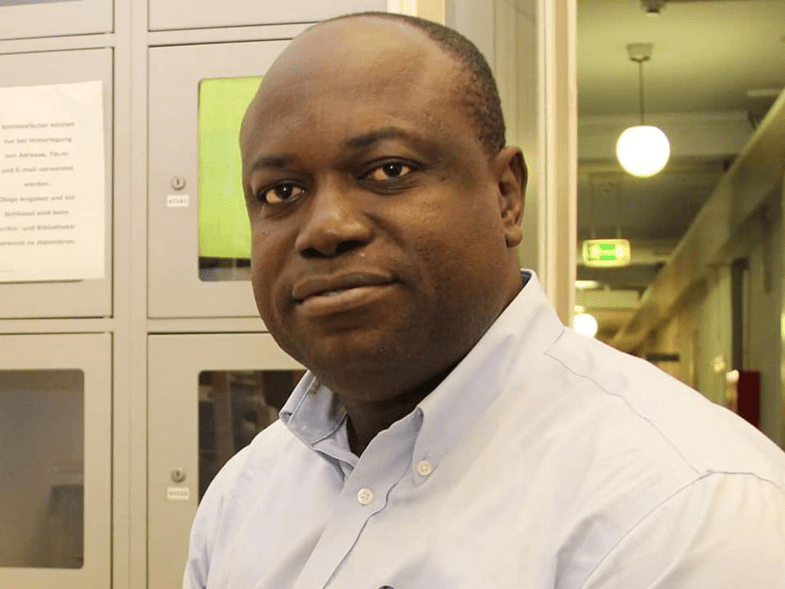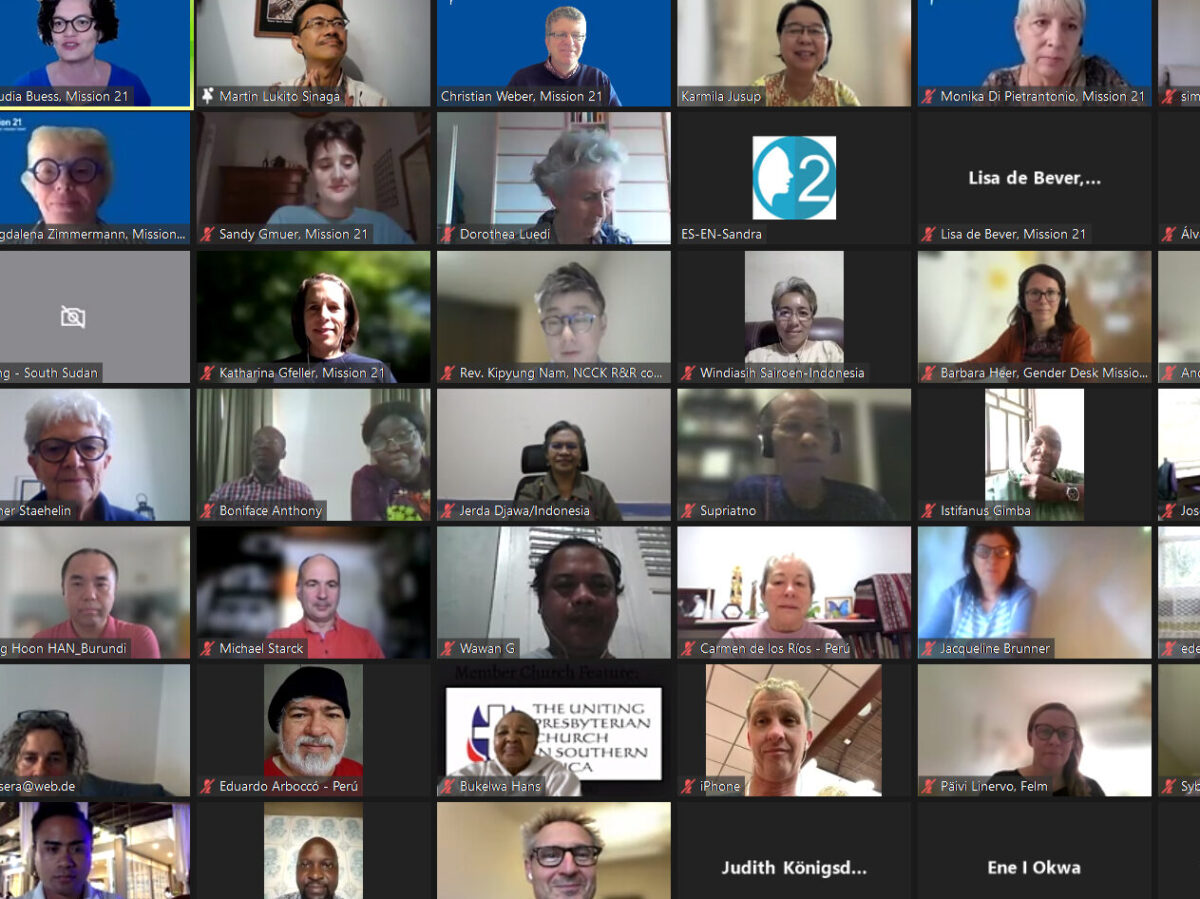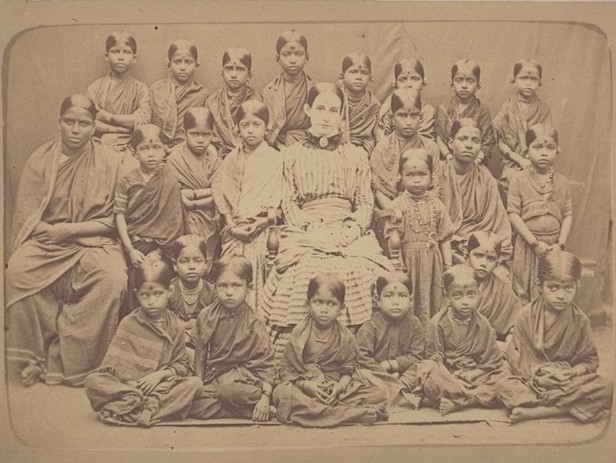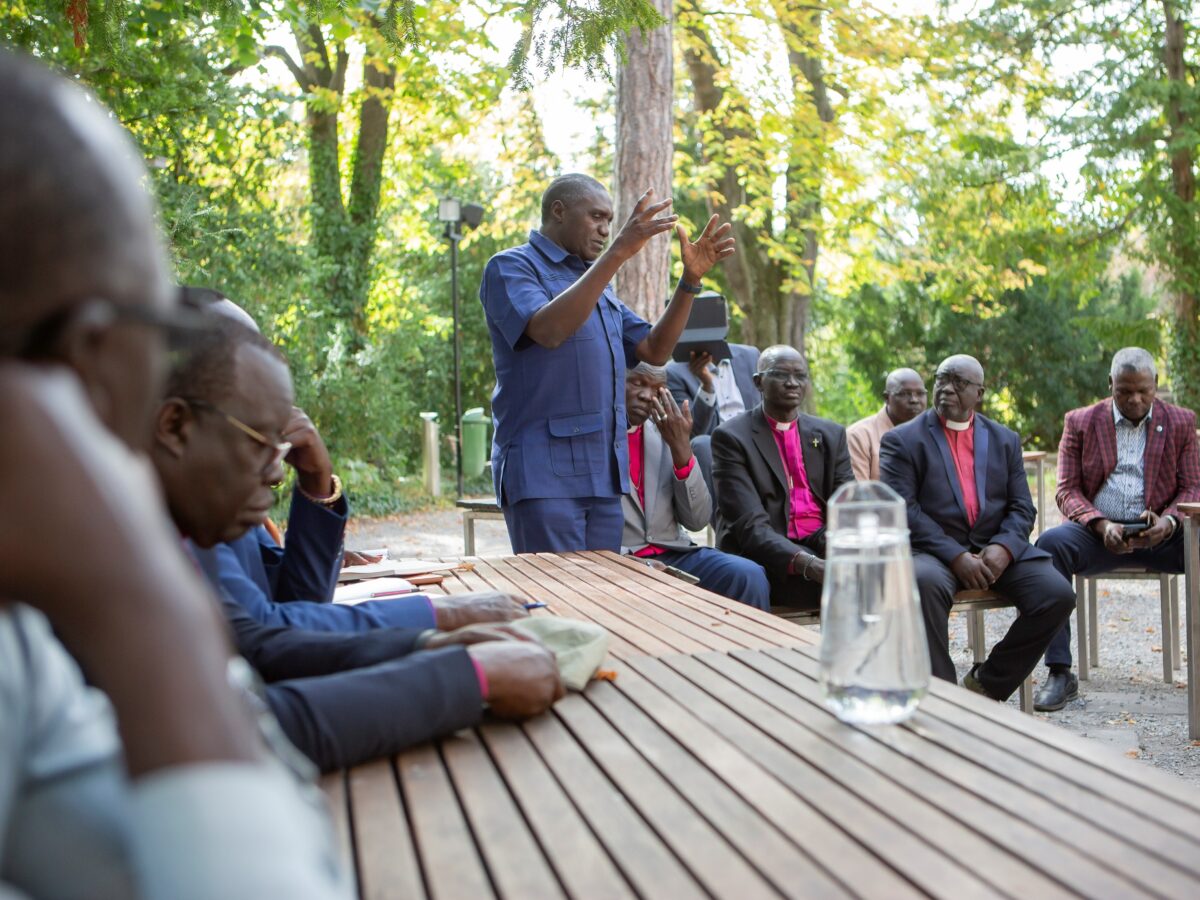The archives of the Basel Mission contain letters, reports and photos documenting over two hundred years of missionary activity. At first glance, this is an infinitely diverse pool of sources. What is less striking is that the most common sources are those in which Europeans have their say. The perspective of leaders from other countries is also included.
Critical voices are documented less frequently
Much rarer, however, are the voices of those who were affected by missionary activity - and even rarer are critical voices. This was pointed out by Dr. Nana Opare Kwakye,Professor at the University of Ghana in Accra. He was the first speaker at Mission 21's Summer School, where people from all over the world meet for three days to discuss racism today and in the past, in church and society. The African, Asian and Latin American perspectives are particularly important at the Summer School.
The event will take place online, the number of participants is not limited - those interested can still register log on.
Unambiguous complaints
Dr. Nana Opare Kwakye showed two impressive examples from the 19th century: He examined letters from African Christians who complained about conditions at the mission stations of the time. The complaints are unequivocal: The missionary Andreas Riis, revered in Ghana to this day for his work, had disobedient people whipped, they say. Another missionary, August Fritz Ramseyer, treated the natives "like animals.
Opare held: "The European mission societies, including the Basel Mission, have left a lasting legacy in West Africa. Given their achievements, they were and still are highly respected. (...) The history of their work has largely been presented in a worshipful and triumphalist manner. Nevertheless, the records are full of negative perceptions of the missionaries. There were cases where the missionaries behaved in a very disrespectful and sometimes racist manner towards the people to whom they brought the message. These cases, which can be found in the mission reports, were usually not published in order to present a perfect picture of the missionary societies."
That was just the start!
What do these stories mean for dealing with racism and discrimination today? Who has power over what is told and what we remain silent about? How does the past reverberate and continue to influence us? Answers to these questions will be teased out during the Summer School. The event last Saturday, September 11, kicked off with discussion groups and input presentations from Nigeria and Indonesia, South Sudan, Cameroon, Tanzania, Malaysia and Hong Kong. Dr. Nana's presentation was followed by a presentation by Professor P.T George from Bangalore, India. He conducts research on how missionaries and mission societies dealt with the caste system in India and held that missionaries helped reduce the prevailing social discrimination in the 19th century.
Miriam Glass, Mission 21
The event will continue on Tuesday, September 14 and conclude on Friday, September 17. Registrations are still possible.






